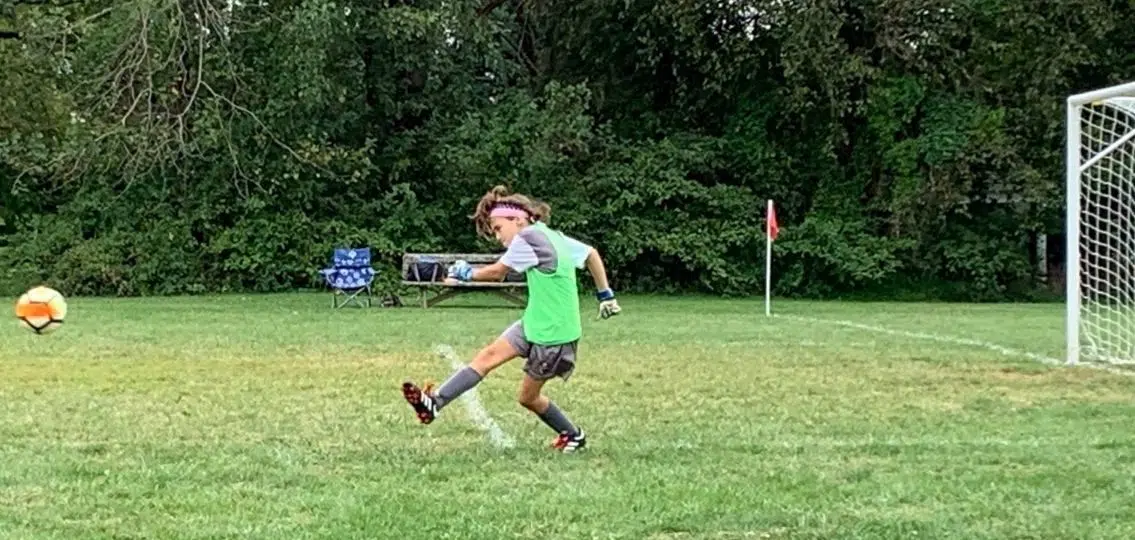It was hard to watch my daughter’s joyous smile slip off her face as she started to question whether she was good enough. As she walked off the soccer field, I could see the disappointment in her big brown eyes and the burden of doubt weighing her down by the slump of her shoulders.
I saw so much of myself in her as she struggled with losing her love for the game she’d enjoyed so much. I had also been struggling with the career I once loved, each critical piece of feedback breaking me down. It was so much like her experiences with soccer over the past year. My confidence slipped and the doubt crept in. A nagging voice told me, as it was telling her, I was not good enough.
And, like me, I knew she was asking herself: Do I quit? Do I give up?
Do I walk away from something I’ve loved for so much of my life?
I understood my daughter’s pain. I knew her hurt all too well, and I knew the question of whether to quit was growing larger in her mind.
And when she came to me and said, “I don’t know if I want to play anymore,” my heart broke for her. She didn’t want to quit because she had lost interest in the game. She wanted to quit because she didn’t feel good enough—and she wanted to run from that feeling. Who wouldn’t? Haven’t I wanted to run from it time and time again?
I Wouldn’t Let My Daughter Quit Soccer
But I couldn’t let her do it. I couldn’t let her quit when things were tough, just like I hadn’t allowed myself to give up on the career I loved. She still loved the game of soccer. She just needed to get past this rough patch and rebuild her confidence. Hopefully then she would see that quitting when things got hard wouldn’t make her feel better.
I knew it was important to teach her to ride the highs and the lows of her passions. This was her first experience with not feeling good enough at something. Unfortunately, I knew it probably wouldn’t be the last time she felt like this.
She will succeed and she will fail, many times, on and off the field. But if she let the voice of doubt win this time, how many times—and in how many ways—would she let it defeat her in the future, when it was about more than a game?
I don’t want her to give up on herself and the things she loves.
I want her to learn how to keep doubt and fear of failure from stealing her passion.
By sticking with the things she loves, even when she feels like nothing is going right, I hope she will learn how important it is to ride the lows with the highs.
So I wouldn’t let her quit soccer. As hard as it was to watch her doubt herself, it would have been harder to let that voice telling her she wasn’t good enough win. Her passion for the game was dampened by doubt. If she quit, that doubt could become a monster that would steal her self-confidence in other areas of her life.
I’ve always sought change, or attacked a problem from a different angle, when my confidence was shaken, and I encouraged my daughter to do the same. Instead of letting doubt steal her joy, she joined a different soccer team the following season. She challenged herself to try a new position and learned that feeling not good enough doesn’t have to be a permanent state of mind. Best of all, she found her way—and I saw her eyes light up with love for the game again.




